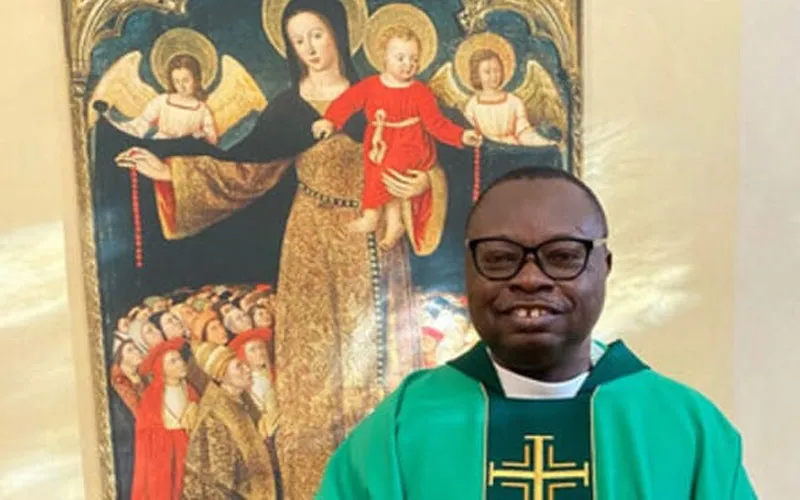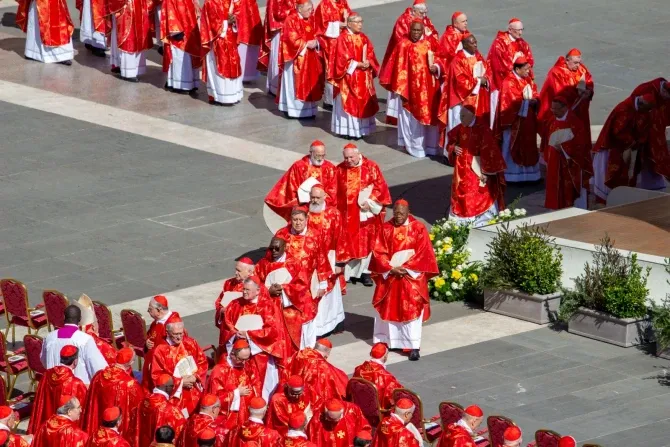Freetown, 29 September, 2021 / 9:15 pm (ACI Africa).
The Director of Caritas Freetown in Sierra Leone has faulted the COVID-19 restrictions that were imposed on places of worship in the West African country, saying that most of the restrictions were unnecessary and denied the people the religious encounter at the time they needed it the most.
In a report to Catholic charity foundation Aid to the Church in Need (ACN) United States, Fr. Peter Konteh asserted that it was much easier to manage the spread of COVID-19 because of the knowledge that had been built around the virus than it had been for the case of Ebola which ravaged Sierra Leone and a number of other West African countries.
He said that some of the safety measures imposed by the Sierra Leonean government in the attempt to curb the COVID-19 pandemic had directly affected public worship, especially community celebrations such as Holy Mass.
“The measures were unfair because they closed churches, even when we took precautions such as social distancing, reduced capacity, increased the number of Masses, while restaurants, schools, remained open,” Fr. Konteh was quoted as saying in the Monday, September 27 ACN report.
He added, “The government failed to understand the importance of the Mass, for God speaks to us through the Word, and the Eucharist is important for the faith. They took God out of the solution when God is the solution.”








